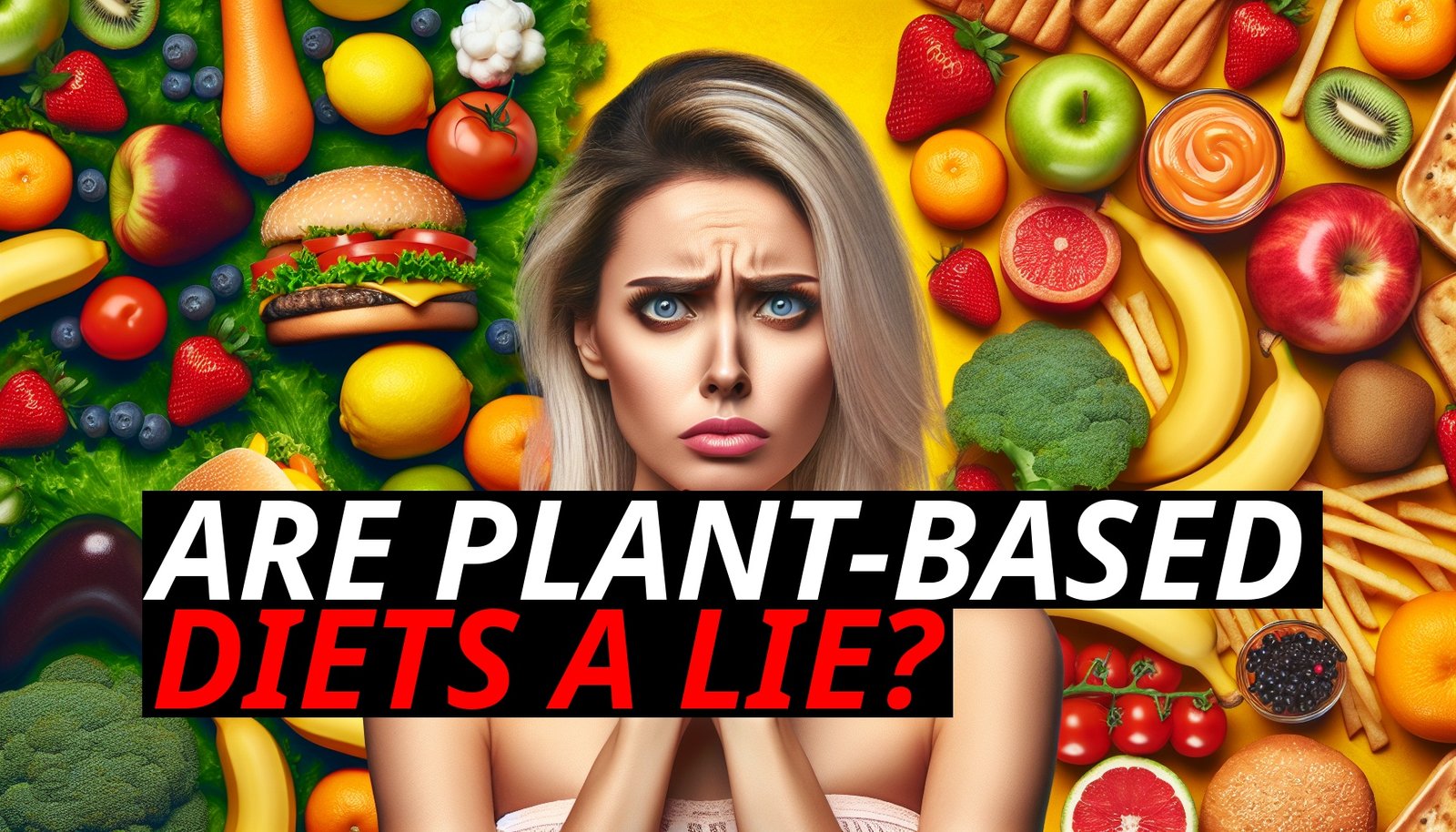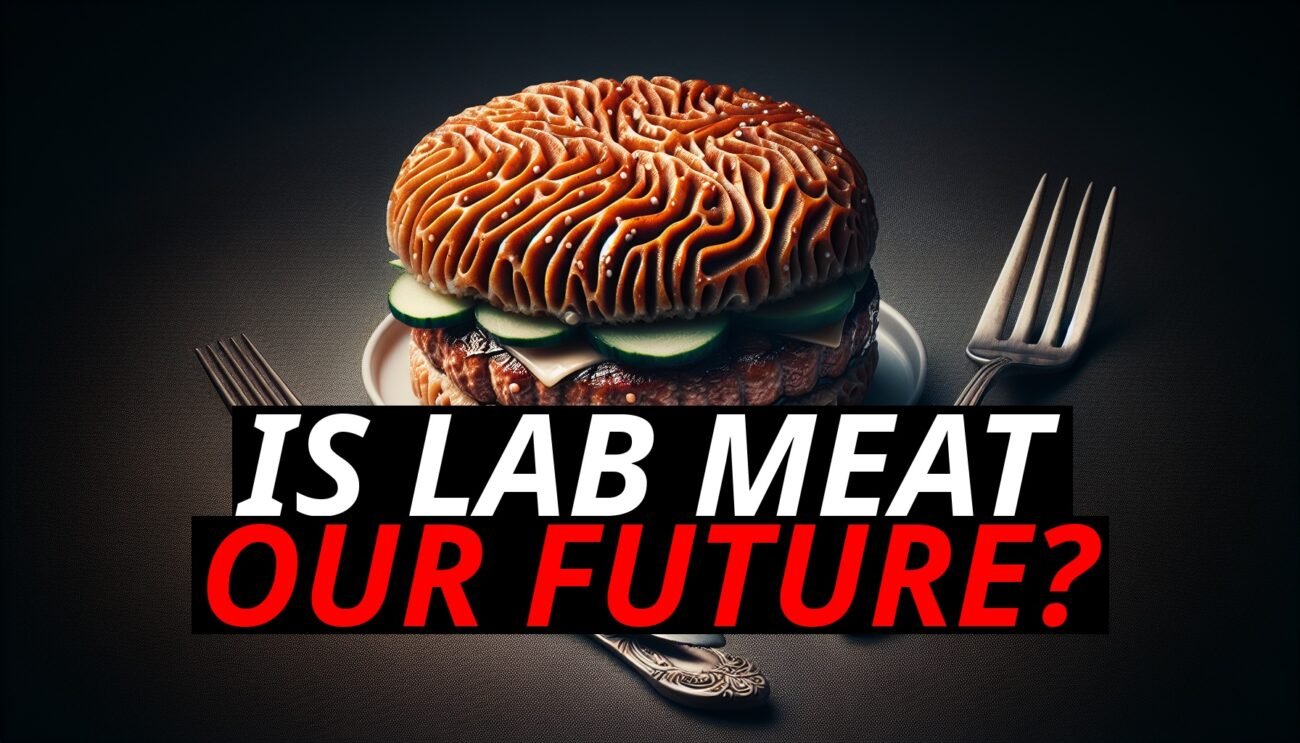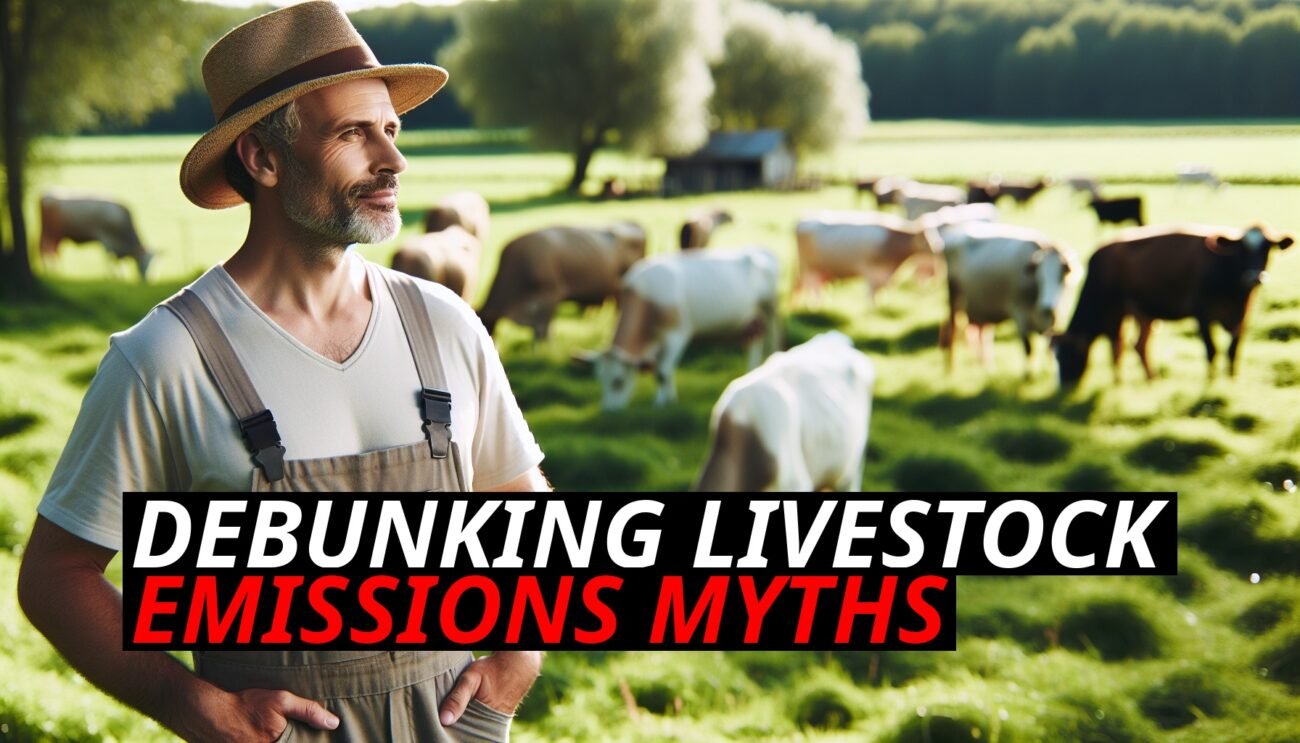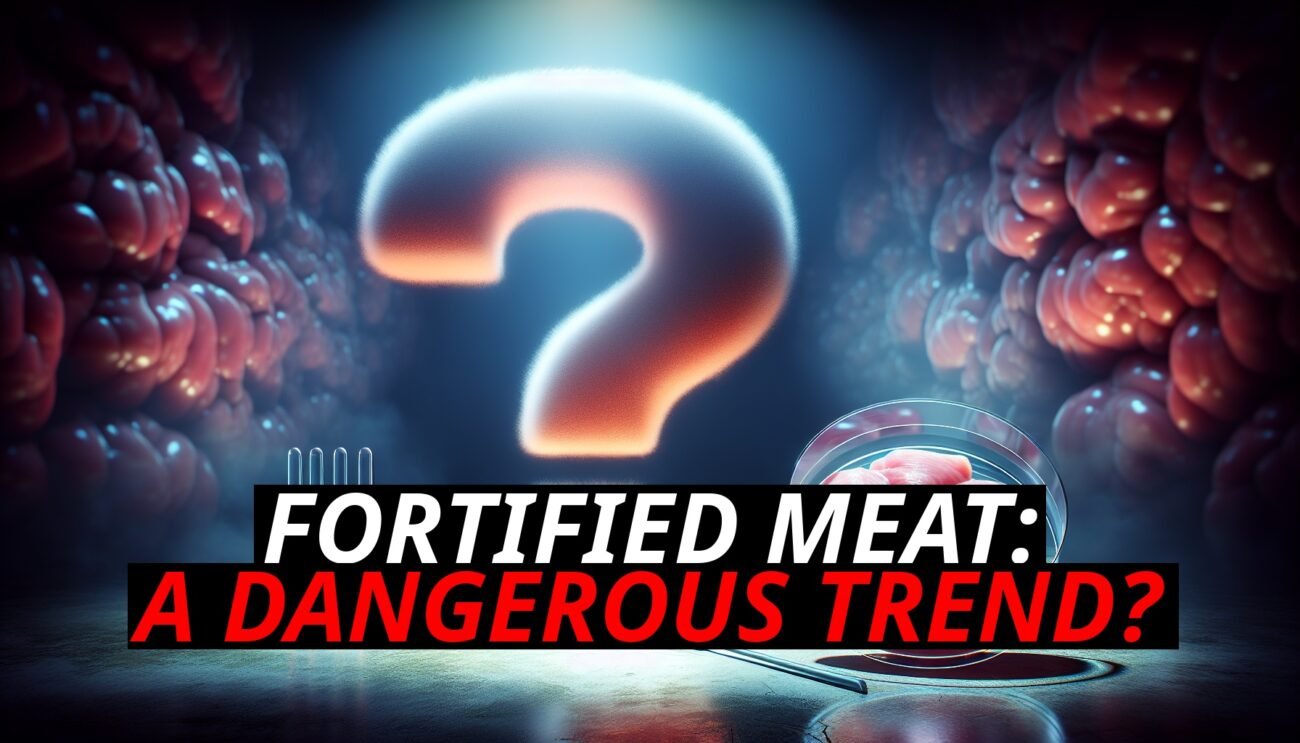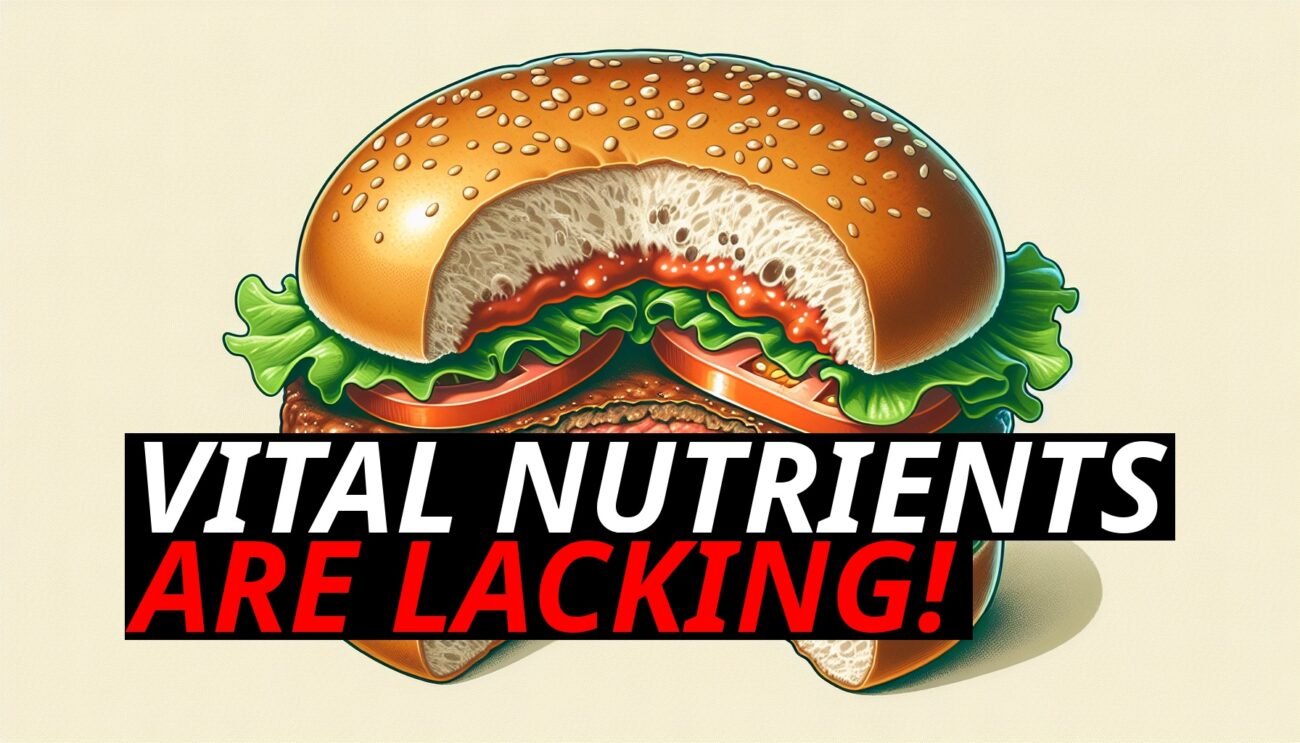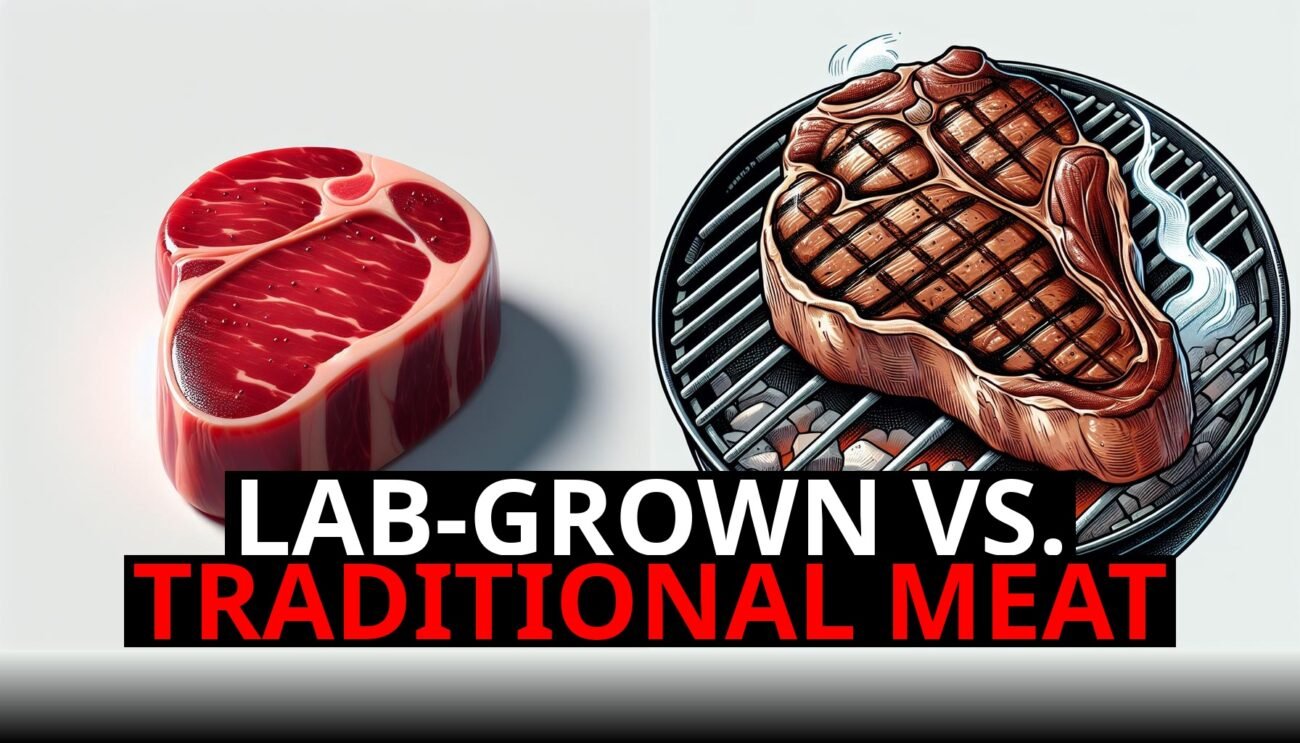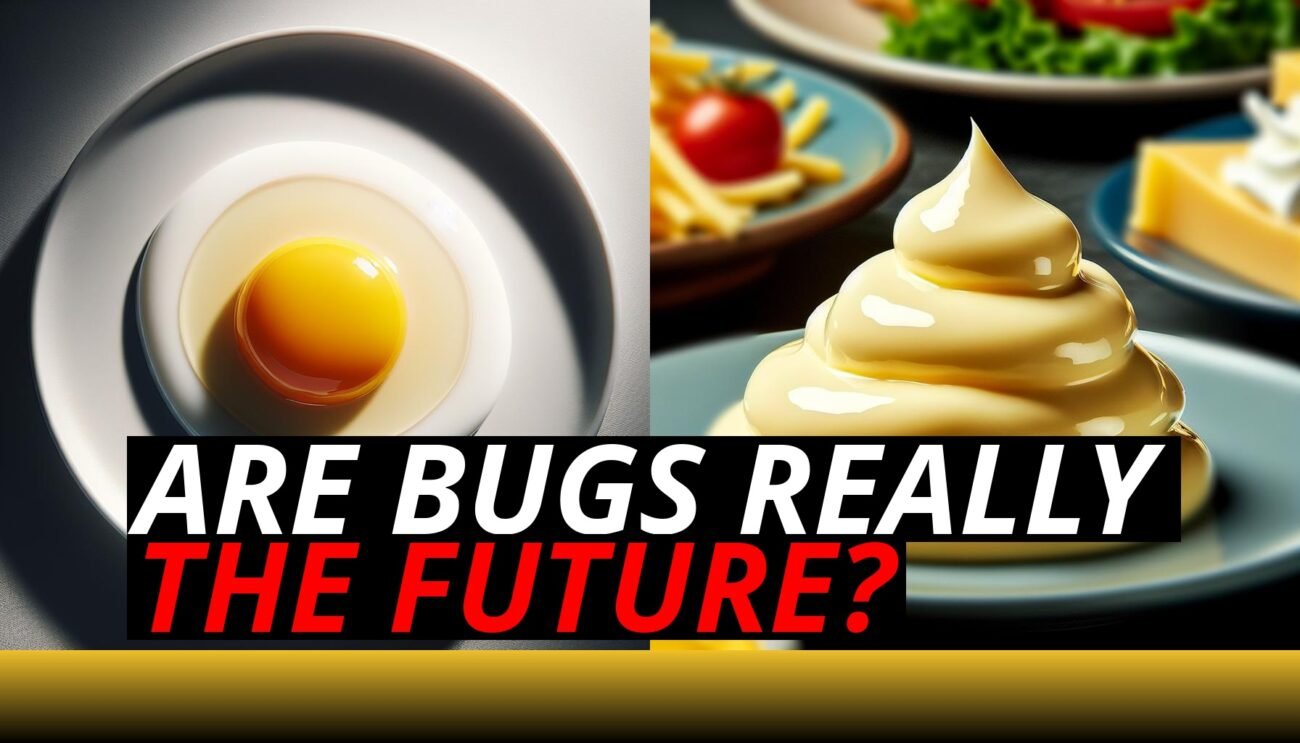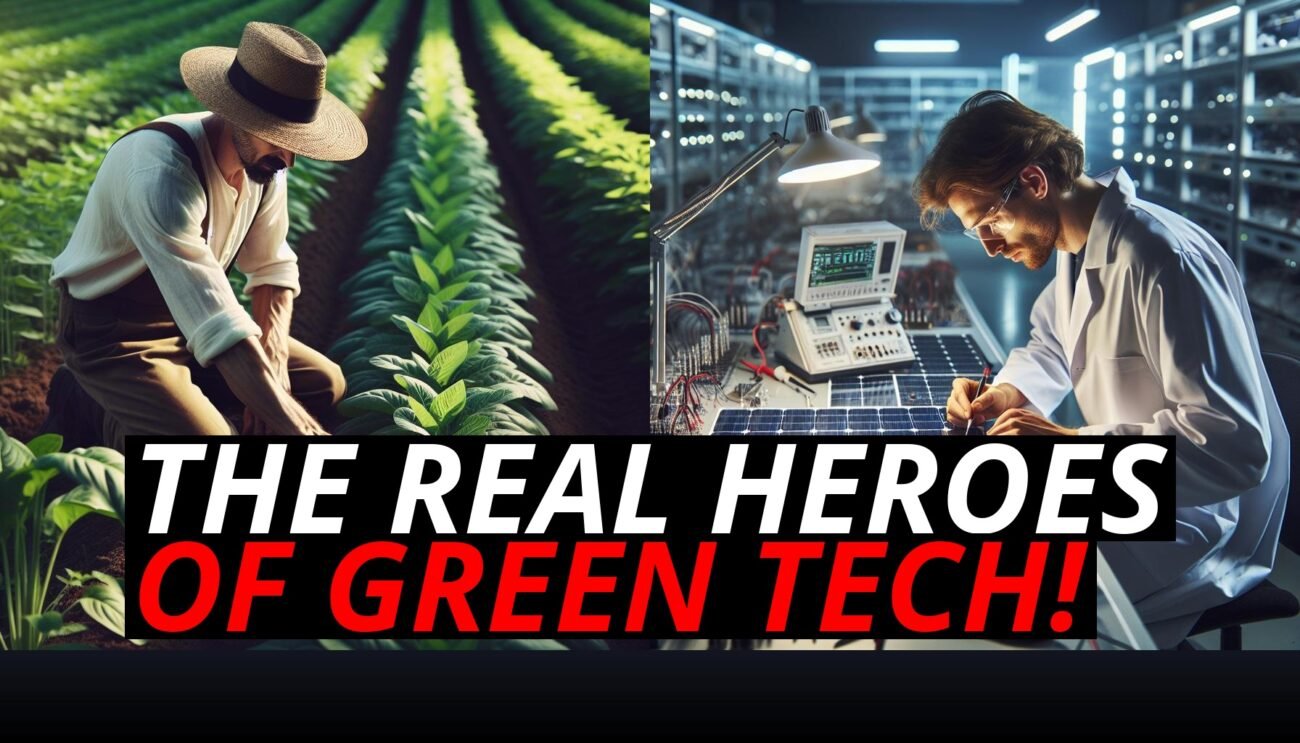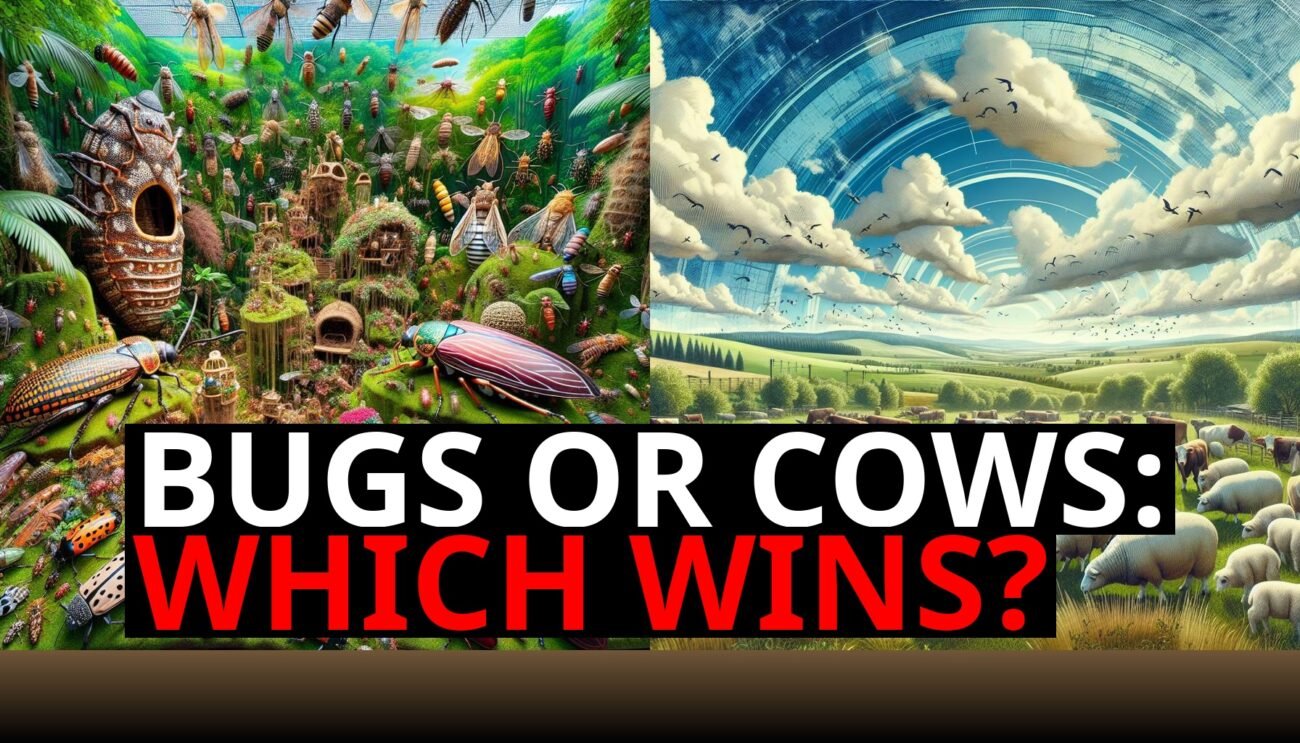From school cafeterias to documentaries, the narrative that plant-based diets are the key to saving our health and the planet is everywhere. For years, we’ve been taught that choosing plants over meat is the ethical, healthy, and sustainable choice. But what if this narrative isn’t the full picture? What if our understanding of food, nutrition, and sustainability has been shaped by selective information—leaving out crucial facts about the real impacts of both plant-based and animal-based diets? Let’s explore how education and indoctrination around plant-based diets create blind spots in discussions about sustainability, health, and animal welfare.
Selective Education: Where Do Our Ideas About Food Come From?
From a young age, many of us are taught that plant-based diets are inherently better for our health and the environment. School lessons, health campaigns, and media coverage often paint a simplistic picture: meat is bad, plants are good. This messaging is often repeated without nuance, focusing on the benefits of fruits and vegetables while leaving out important information about the potential drawbacks of eliminating animal products entirely.
In classrooms, students are taught about climate change and the role that animal agriculture plays in greenhouse gas emissions. While this is an important conversation, the focus on factory farming and industrialized livestock often ignores the regenerative potential of sustainable animal farming practices. Grass-fed cattle and rotational grazing systems can actually sequester carbon, restore ecosystems, and contribute to biodiversity—all crucial aspects that are rarely discussed when promoting plant-based diets.
Similarly, discussions about health tend to emphasize the risks of eating red meat—without diving into the many nutrient deficiencies that can arise in plant-based diets. While fruits and vegetables are undoubtedly important for health, we often overlook how animal products like meat, eggs, and dairy provide essential bioavailable nutrients like vitamin B12, heme iron, and complete proteins that are harder to obtain from plant-based sources alone.
The Health Narrative: Are Plant-Based Diets Really Superior?
Another area where selective education plays a role is in how we think about the health benefits of plant-based diets. There’s no denying that incorporating more fruits and vegetables into our diets can improve health outcomes—but the narrative that cutting out animal products is universally healthy is oversimplified and, in some cases, misleading.
Many schools, health organizations, and even celebrity influencers promote plant-based diets as a way to reduce the risk of heart disease, obesity, and cancer. But this education often fails to mention the potential health risks associated with plant-based diets, especially when they lack the necessary planning and supplementation. Key nutrients like omega-3 fatty acids, vitamin D, iron, and zinc are more difficult to absorb from plant sources, and deficiencies can lead to serious health consequences, including fatigue, cognitive decline, and weakened immune function.
Meanwhile, saturated fats and cholesterol, long vilified in health education, are now being recognized as critical for brain function, hormone production, and overall health—especially in the context of minimally processed animal products. Yet, these conversations are often absent from the plant-based messaging that dominates health education.
Sustainability Blind Spots: The Environmental Impact Of Monocropping
One of the strongest arguments for plant-based diets is the idea that they are better for the planet. We’ve all seen the statistics claiming that a plant-based diet requires fewer resources, produces fewer emissions, and is generally more sustainable than one that includes meat. But this messaging often leaves out the environmental consequences of industrial plant farming and the role that monocropping plays in the degradation of our ecosystems.
Monocropping, the practice of growing a single crop on large plots of land year after year, is common in the production of plant-based foods like soy, corn, and wheat. While these crops may be the foundation of many plant-based products, their production requires extensive use of pesticides, herbicides, and synthetic fertilizers. These inputs contribute to soil depletion, water pollution, and the loss of biodiversity. Monocropping also makes crops more vulnerable to pests and diseases, leading to heavy reliance on chemical solutions that harm the environment.
In contrast, regenerative animal farming can be a solution for soil health and ecosystem restoration. Animals grazing on diverse pastures help rebuild soil structure, prevent erosion, and sequester carbon in the ground. Yet, this side of the environmental story is often excluded from discussions about food sustainability, leaving people with a skewed perception of the true environmental impact of both plant-based and animal-based foods.
Ethical Dilemmas: The Overlooked Consequences Of Crop Farming
Another major blind spot in the plant-based narrative is the ethical question surrounding crop farming. Vegan and vegetarian diets are often promoted as being more ethical because they don’t involve the direct harm of animals. However, the large-scale production of plant-based foods comes with its own set of ethical issues.
Industrial farming practices, including the use of heavy machinery and chemical inputs, result in the death of countless small animals, such as rodents, birds, and insects, who live in and around crop fields. The destruction of natural habitats to make way for large monoculture farms leads to displacement and biodiversity loss. And the intensive use of pesticides doesn’t just kill pests—it harms pollinators like bees and butterflies, further disrupting ecosystems.
These ethical dilemmas are rarely addressed in educational materials that promote plant-based diets. The focus is often on the harm caused by factory farming of animals, while the equally significant impact of industrial crop farming on wildlife and ecosystems is overlooked. A more balanced discussion would include the ethical considerations of both plant-based and animal-based food systems, recognizing that all forms of agriculture have an impact on animals and the environment.
The Role Of Media: Shaping The Plant-Based Narrative
Media and marketing also play a significant role in shaping the narrative around plant-based diets. Documentaries like “What the Health” and “Cowspiracy” have made waves by presenting plant-based eating as the solution to both personal health and environmental crises. While these films have undoubtedly raised awareness about important issues, they often rely on selective data and fear-based messaging to make their point, leaving little room for nuance or alternative perspectives.
The media often frames plant-based diets as the ethical, environmentally friendly, and healthy choice, without fully exploring the downsides of industrial plant farming or the benefits of sustainable animal agriculture. As a result, many people adopt plant-based diets based on incomplete information, unaware of the full picture of how food production impacts both human health and the planet.
A More Balanced Approach: Questioning The Narrative
So, what can we do to move beyond the indoctrination of plant-based diets and foster a more balanced conversation? It starts with education—education that presents the whole truth about both plant-based and animal-based diets, including their benefits, challenges, and environmental impacts.
We need to move away from the idea that one diet is inherently superior to the other and instead recognize that sustainability and health depend on the methods of production. Regenerative agriculture, whether it includes plants, animals, or both, offers a path forward that can restore ecosystems, improve human health, and create a more sustainable food system.
Conclusion: Rethinking What We’Ve Been Taught
The promotion of plant-based diets as the answer to all our health, environmental, and ethical problems has created blind spots in the way we think about food. Selective education has shaped a narrative that overlooks the downsides of industrial crop farming and the potential benefits of sustainable animal farming.
To truly make informed choices about what we eat, we need a more nuanced conversation—one that includes all aspects of food production and recognizes that healthy, sustainable eating is about more than just choosing plants over meat. It’s about understanding the full picture and embracing a more holistic approach to food and the environment.

